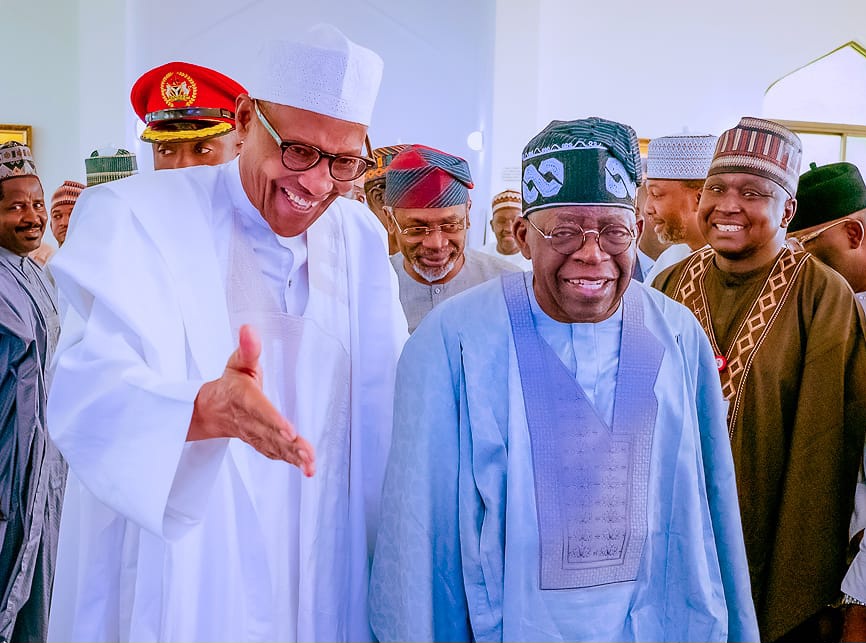Africa
Later Generations Understand Better, Good Night, Baba -By Bilyamin Abdulmumin, PhD
History is best understood by later generations. Chairman Mao was once seen as merely a rebel, yet he eventually seized power and reshaped global history. How he was perceived a hundred years ago stands in stark contrast to how he’s viewed today.

I didn’t feel very emotional when I first heard about the death of Muhammadu Buhari. Until this morning, when I came across one of his speeches from the 2023 campaign. In that speech, he reflected on his life, the approaching end of his tenure, and his return home. He bade farewell and admonished the congress and the Nigerian people with good leadership, honesty, and trustworthiness. Watching that speech now, occasioned by his passing, felt like listening to a wasiyya, a final will, from one of my dying parents. For the first time, I found my eyes welling up over someone’s death.
The death of the former president shouldn’t come as a surprise. At 82, he had lived a full, ripe, and by many standards, successful life. Yet many of us were caught unprepared by his passing. He was much in the spotlight: his move from his Daura residence to a renovated home in Kaduna, the visits from opposition figures, and hence the restlessness of the APC giving way to immediate response by the then APC chairman party “Habu Na Habu”.
The last time Buhari was in the news, it was due to rumors that he had slipped into a coma and was in critical condition—claims swiftly denied by Garba Shehu. Like many staunch Buharists, I didn’t take those rumors seriously. After all, we had heard many such baseless reports before.
Two key lessons I’ve taken from Buhari’s leadership, one on Buhari himself, the second on the general society. For Buhari, integrity and honesty, while essential, are not enough on their own to bring about revolutionary change. I’ve followed transformational leaders like Lee Kuan Yew. Like Buhari, he was tough and sincere. But what set him apart was his well-defined economic philosophy and strategic vision. Buhari, by contrast, appeared to rely heavily on the capacity of his advisers and inner circle.
For Nigerians, even the much-touted Lee Kuan Yew may still not be enough to deliver the revolutionary change. This is because the mindset and orientation of much of Nigerian society are often at odds with the very change they claim to seek. Many did not fully understand the nature or depth of the “change” being clamored for in the first place. In contrast, a significant portion of Singaporean society shared in Lee Kuan Yew’s vision—or were at least willing to align themselves with a national revolution. In Nigeria, however, the societal psyche remains a major barrier to meaningful reform.
History is best understood by later generations. Chairman Mao was once seen as merely a rebel, yet he eventually seized power and reshaped global history. How he was perceived a hundred years ago stands in stark contrast to how he’s viewed today.
President Muhammadu Buhari came, did his part, and has now taken his bow. Time will reveal the full weight of his legacy. Good night, Baba. May your soul rest in Jannatul Firdaus.
























